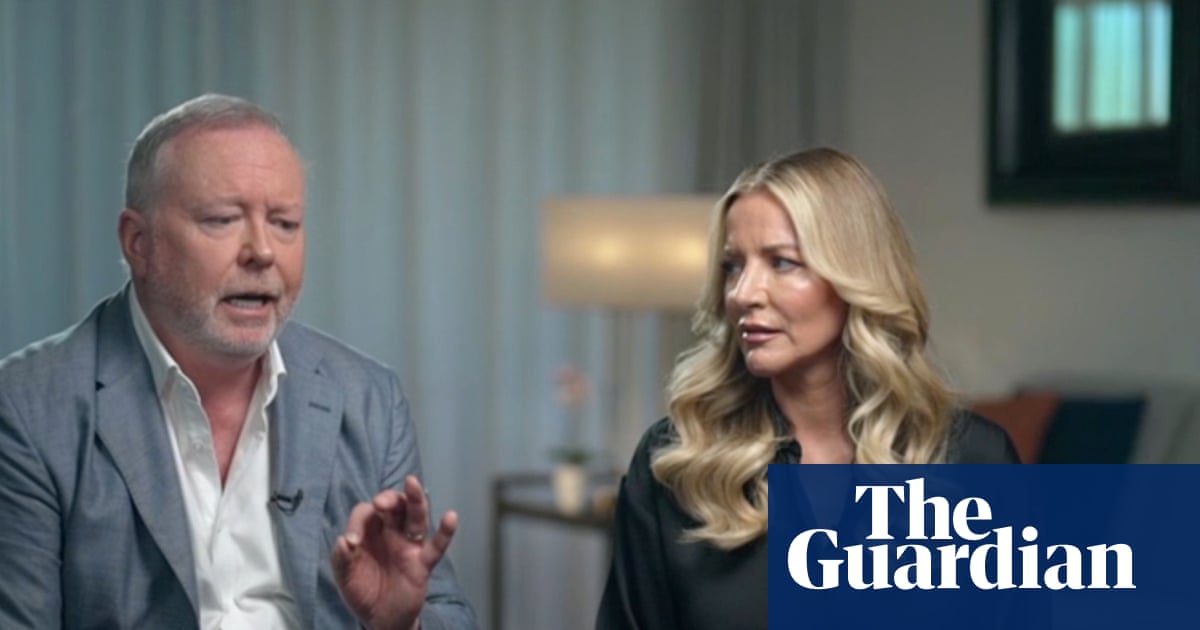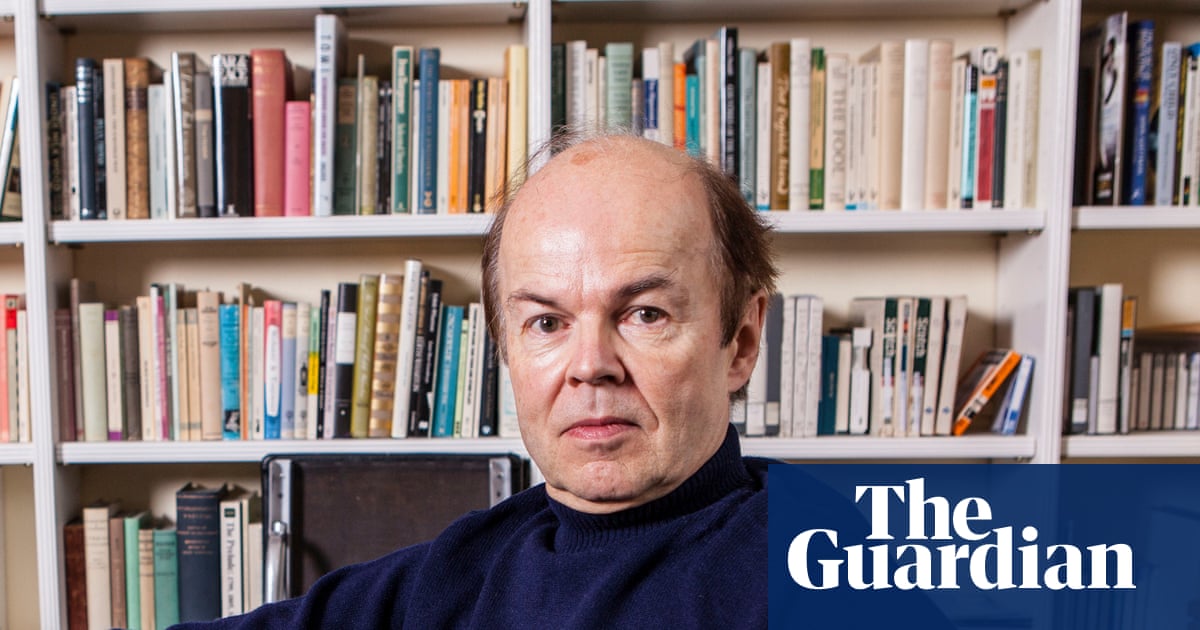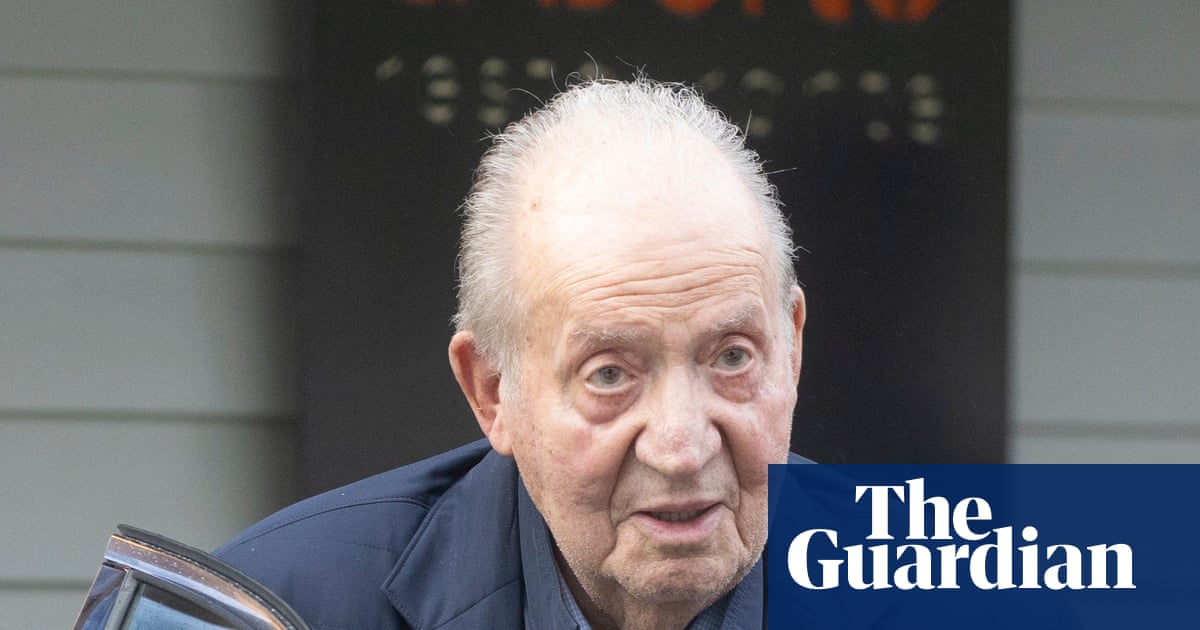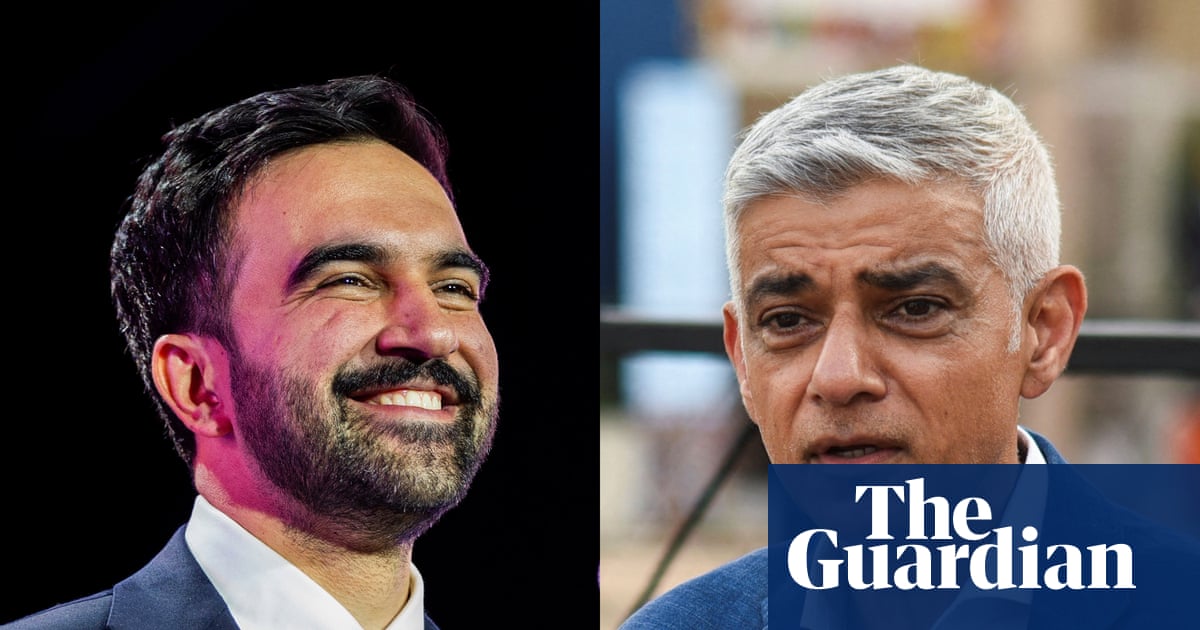A Conservative peer has apologised for breaking the House of Lords rules by helping to secure a meeting with a minister for a Canadian company he advises.
Ian Duncan, a deputy speaker of the Lords, was found to have breached the rules by providing a parliamentary service for Terrestrial Energy when he facilitated an introduction between its chief executive and a new energy minister.
His conduct had been reported to the House of Lords standards commissioner after the Guardian’s months-long investigation examining the commercial interests of peers.
As a result of the Lords debate series, four other peers are being investigated to establish whether they breached the house’s code of conduct.
A fifth peer, Iain McNicol, a former general secretary of the Labour party, was required to apologise in May for breaking the rules by writing to the Treasury to promote a cryptocurrency firm that was paying him.
In a report published on Friday, the standards commissioner ruled that Lord Duncan of Springbank had broken the rules that forbid peers from seeking to profit from their membership of the upper chamber.
The former junior climate minister has been an adviser to Terrestrial Energy since 2020. When he joined he was given share options, which allowed him to buy shares in the company at a preferential rate if they became profitable.
The Guardian revealed that, in 2023, Duncan forwarded a letter to Andrew Bowie, the nuclear minister at the time, from Simon Irish, the firm’s chief executive who wanted a meeting with the minister at short notice. The peer signed off his email “Lord D of S”.
The chief executive of the company, which is developing a new type of nuclear reactor, secured the meeting with Bowie at which he lobbied for Terrestrial Energy to be given easier access to government funding.
In his response to the watchdog, Duncan said Bowie was a “friend of long standing” who had helped him get elected as a member of the European parliament in 2014 and had then worked in his Brussels office.
Duncan argued: “It was this personal relationship, and not my membership of the upper house, nor my government service, which led Mr Irish to ask whether there was a prospect (albeit limited) that a personal request might help land a meeting during his visit.”
Margaret Obi, the Lords commissioner, decided that the rule prohibiting peers from providing “parliamentary services in return for payment or other incentive or reward” was absolute.
She added: “It did not provide an exemption in cases where there was an existing personal relationship.”
She ruled: “Although Lord Duncan stated he was not paid specifically for facilitating this introduction, he received an allocation of share options as consideration for his work for Terrestrial Energy.
“I consider that this can reasonably be understood to have been an incentive or reward for the various tasks he undertook for the company.”

 3 months ago
50
3 months ago
50

















































